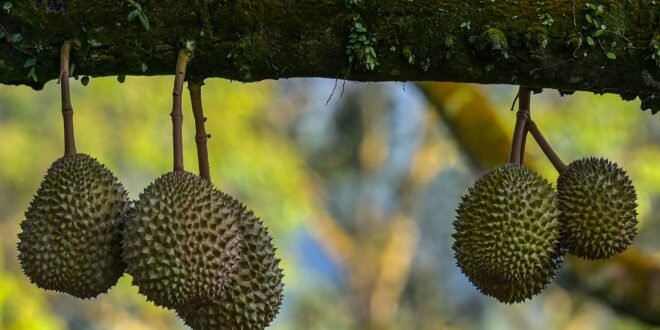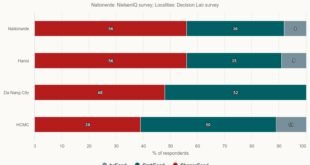Calls for Consistent Enforcement to Combat Land Encroachment in Pahang
Sultan Abdullah Ahmad Shah of Malaysia’s Pahang has emphasized the need for consistent and firm enforcement to prevent land encroachment within his state. This call comes after authorities recently cut down over 1,000 durian trees in a bid to address illegal land use. The Sultan made these remarks during a meeting with the leadership of the Malaysian Women Journalists Association, highlighting the importance of sustained efforts to protect the state’s natural resources.
A Need for Continuous Action
The Sultan stressed that enforcement against land encroachment should not be limited to seasonal or sporadic actions. Instead, it must be carried out consistently to ensure that no individual or group exploits the state’s resources. He also emphasized that all actions should be conducted in accordance with the law, with those found guilty facing strict consequences to deter future violations.
Despite acknowledging the efforts of the state government, the Sultan expressed dissatisfaction with the current level of enforcement. He noted that Pahang’s vast forests require constant monitoring and the deployment of all available manpower to detect and address any encroachment effectively.
Raising Public Awareness
In addition to enforcement, the Sultan urged the government to raise public awareness about the issue. He encouraged citizens to support these efforts by reporting any illegal activities they observe. This approach aims to foster a sense of collective responsibility among the people of Pahang.
Escalating Concerns Over Land Encroachment
The Sultan had previously voiced his frustration over the scale of land encroachment in Pahang, stating that the situation “makes my blood boil.” In April, he revealed that nearly 14,500 hectares of government land had been illegally occupied and used for crops such as oil palm, rubber, and durian. Additionally, over 5,900 hectares of permanent forest reserves had been encroached upon, which he described as a blatant theft of public resources.
This led to the launch of “Op Sekat 3.0,” a targeted enforcement operation aimed at cracking down on illegal land use in Raub district. Known as Malaysia’s durian capital, Raub is home to approximately 150,000 durian trees spread across 2,000 hectares of state-owned land. The operation, which ran from April 8 to May 3, resulted in the felling of more than 1,000 durian trees, many of which were the highly valued Musang King variety.
Backlash from Farmers
The operation faced significant backlash from local farmers, who staged protests by blocking access roads and displaying banners expressing their anger over the clearing of crops they claimed to have cultivated for years. The Save Musang King Alliance, representing the farmers, argued that a court decision issued in May barred the government from destroying their orchards. However, authorities maintained that they had not violated any court orders and were within their rights to reclaim and clear the land.
While some criticized the crackdown, others, including local non-governmental organizations and residents, supported the initiative, viewing the long-standing land encroachment as a serious issue that needed urgent attention.
Ongoing Investigations
The Malaysian Anti-Corruption Commission (MACC) has been investigating the matter, with officials tracing witnesses dating back to 2004 and gathering related documents and testimonies. The agency earlier compiled a list of individuals linked to the Pahang land dispute, including multiple former officials. MACC Chief Commissioner Tan Sri Azam Baki stated that the commission is considering investigating the issue under laws addressing the dishonest use of property.
“So we are now looking at both criminal elements and governance issues. We are also investigating corruption, particularly involving enforcement officers who are suspected of receiving bribes at the time,” he noted.
Economic Significance of Durian
Durian plays a significant role in Malaysia’s economy. According to global trade data provider TradeImeX, Malaysia exported over 27,000 tonnes of durian in 2023, generating US$44.49 million in export revenue. The export volume surged last year after Malaysia secured an agreement with Beijing to allow the export of fresh durians to China, which had previously been limited to frozen ones. This development highlights the economic importance of durian and the need to protect the industry from illegal encroachments.
 Info Malang Raya Its All About World News
Info Malang Raya Its All About World News




